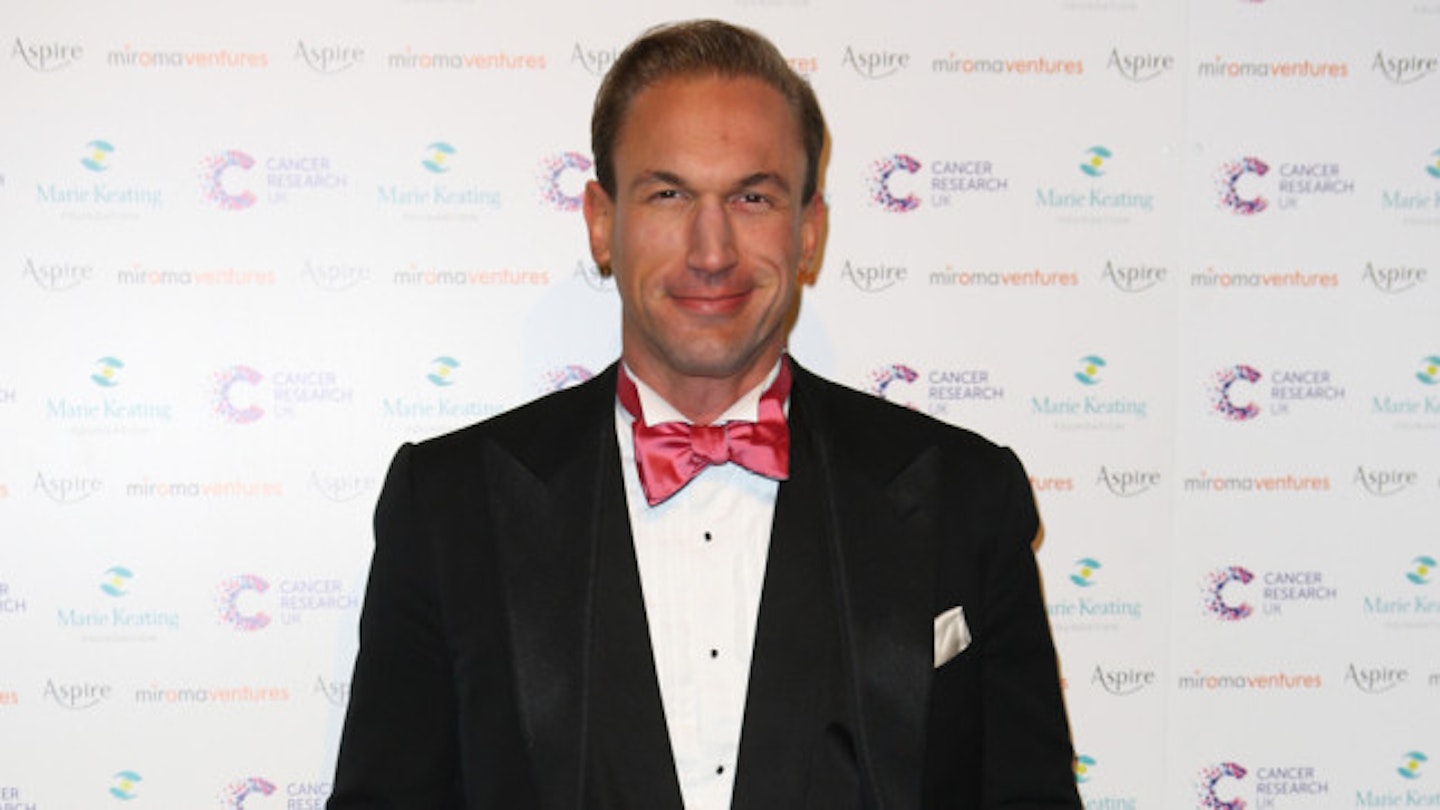But, while the 50-year-old’s choice to reveal his status during a live television broadcast may have come as a surprise to some, the astonishing thing was the majority of the reactions.
While some social media users made some uneducated comments regarding actor Charlie’s status, others have insisted it’s no big deal. And they’re kind of right.
We spoke to Dr Christian Jessen to find out what life for those living with HIV is really like, and he stressed it can be as normal as anybody else’s – providing it is detected early enough.
He said: “One recent breakthrough, which is extraordinary, was finding out that people who are on treatment for their HIV, who have the amount of virus in their blood really well controlled to a low level, are probably not even infectious anymore.
“That’s a really important thing for a number of reasons. First of all, you’re not spreading it. Secondly, it takes away all the fear and the stigma, and it really does allow people to have relationships – not that they couldn’t before – but the issue of infecting a partner was always significant. The PARTNER Study found that almost zero people, who had viral loads down to what we call undetectable, had infected others. Everything is good, apart from the fact we don’t have a cure of vaccine yet.”
But Dr Christian added that, now there’s so much that can be done about HIV, it doesn’t really matter that we don’t have the cure yet. The most important thing is that people are getting tested regularly. It’s those who are diagnosed late and, as a result, get very ill who can struggle.
He said: “It’s much harder then for us doctors to pick you up and put you back together again. We probably still will, but it’s much harder and your immune system will probably have taken a bit of a battering.”

One of the biggest myths about living with HIV is that it means you can’t start a family, which Dr Christian insists is absolutely not the case.
“Those with HIV can have as normal a relationship as anybody else,” Dr Christian said. “If the person with the virus is on treatment and their viral load is down to an undetectable level, we would say to them that the likelihood of them passing their HIV on is minimal. We still advise to always use condoms, but accidents happen.
“People with HIV can have babies. It’s completely possible for a couple to have children, with one of them being positive and the other negative, with no transmission of HIV.
There’s lots you can do to ensure HIV isn’t transmitted during pregnancy and childbirth. It depends on the circumstances – there’s medication for mothers, ways you deliver the baby, ways you look after the baby after delivery to ensure it doesn’t pick up the HIV.”
"And if a man with HIV isn’t responding as well to treatment, children are still possible."
He continued: “If there is any kind of concern, or the treatment’s not responding, there’s a very unromantic thing called sperm washing.
“He produces a semen sample and then all the fluid is cleaned off, just leaving behind the sperm itself. It’s the artificial process. There’s always something that can be done.”
Dr Christian is very passionate about the fact there is no longer a need to be scared of getting tested for HIV. He said: “There is no reason anymore for people to bury their heads in the sand. It’s far worse to keep getting continuously ill and not know what’s going on.”

Addressing Charlie Sheen’s news, Dr Christian thinks it’s wrong he was essentially pressured into making the announcement, as it’s nobody else’s business. In fact, he doesn’t think you ever really need to tell anyone if you find out you’re HIV positive – as long as you’re safe.
He said: “Sadly it is true, people mustn’t be naive, that the news can destroy relationships and friendships. As long as you’re doing all you can to not put people at risk then I don’t think there is a need to tell everyone. You probably don’t talk to your parents about sex, and that doesn’t affect your relationship.
“In fact, I think you should be really careful about who you choose to tell. You only have to look at Charlie Sheen and how it was used against him.”
National HIV Testing Week starts on 21 November. You can find out more information about getting tested here.
